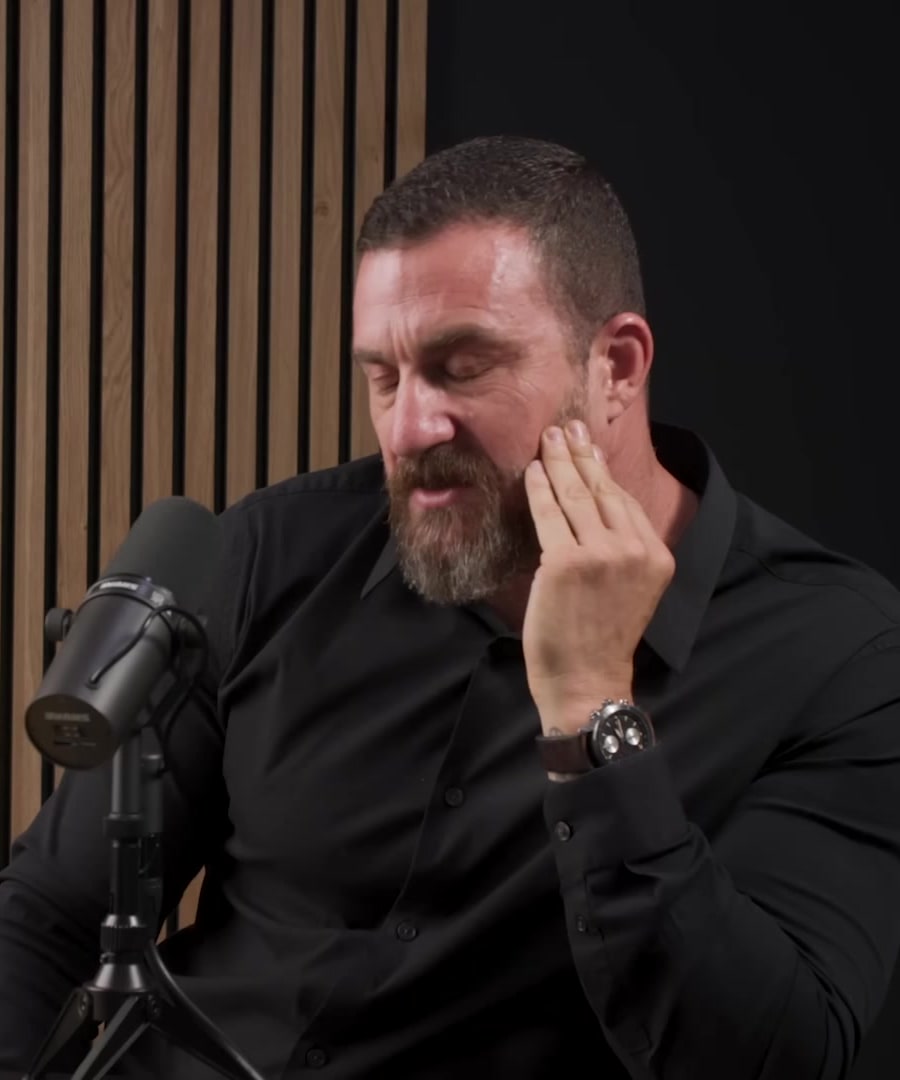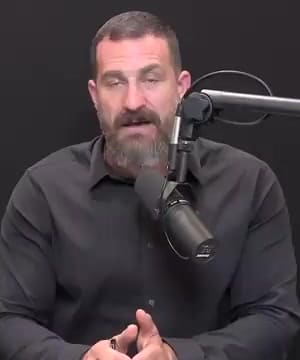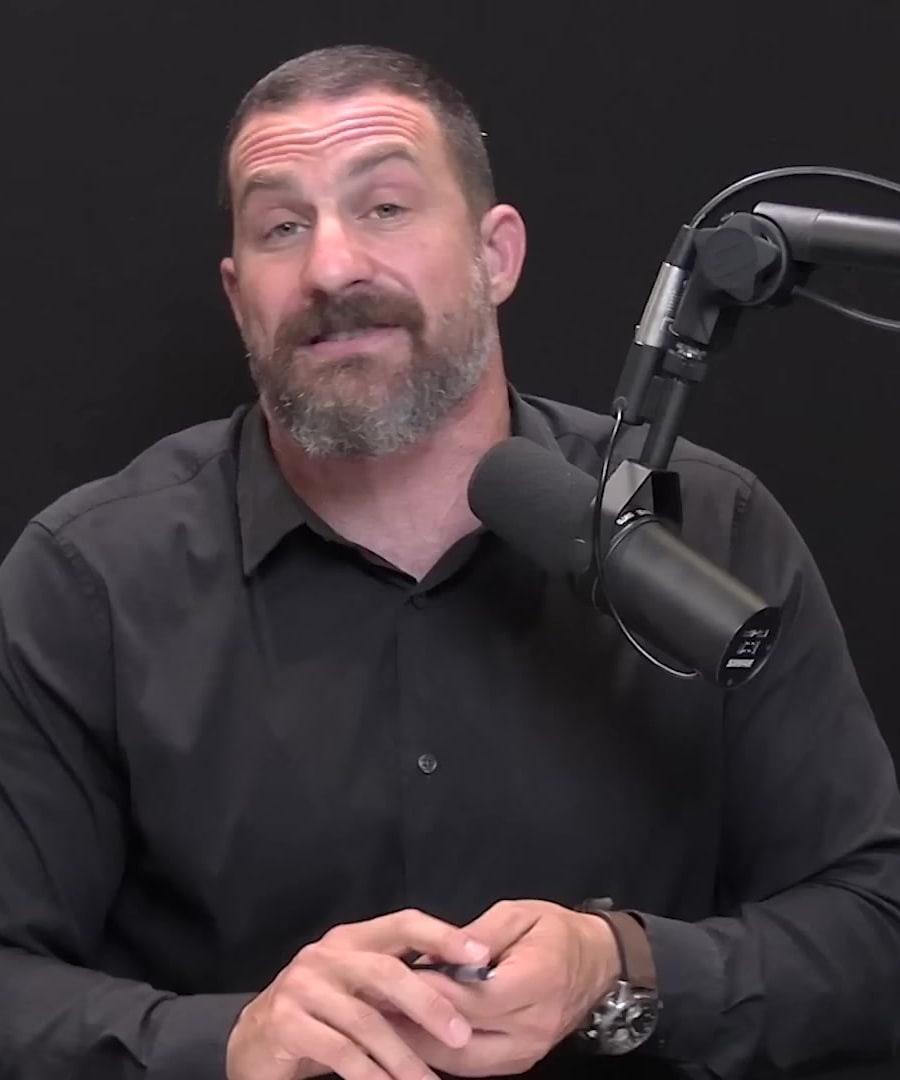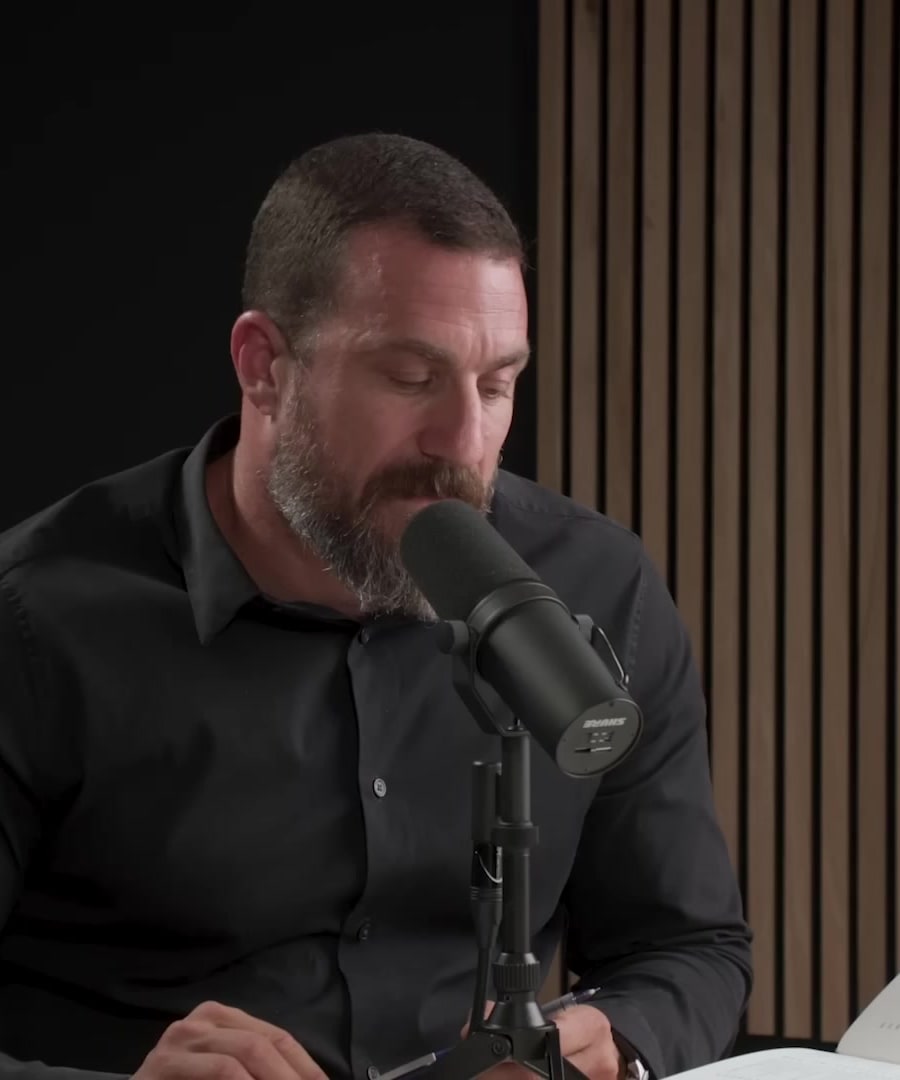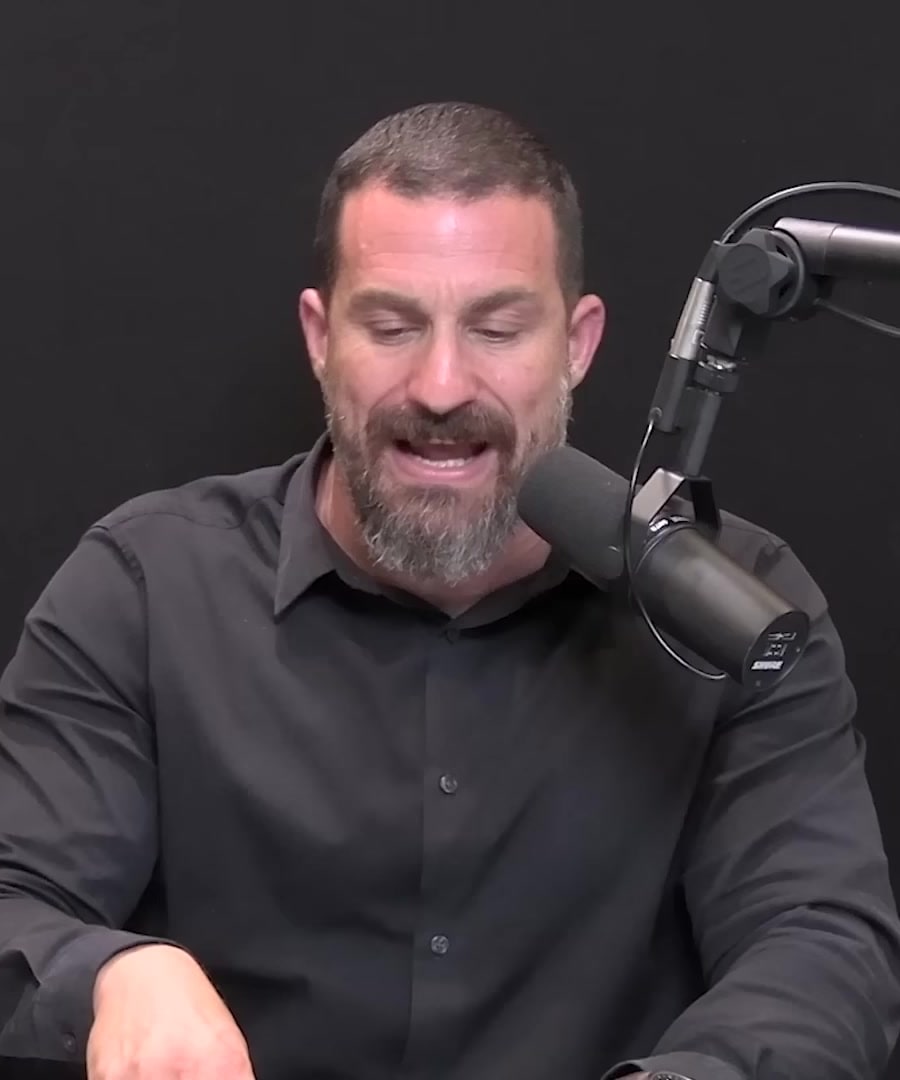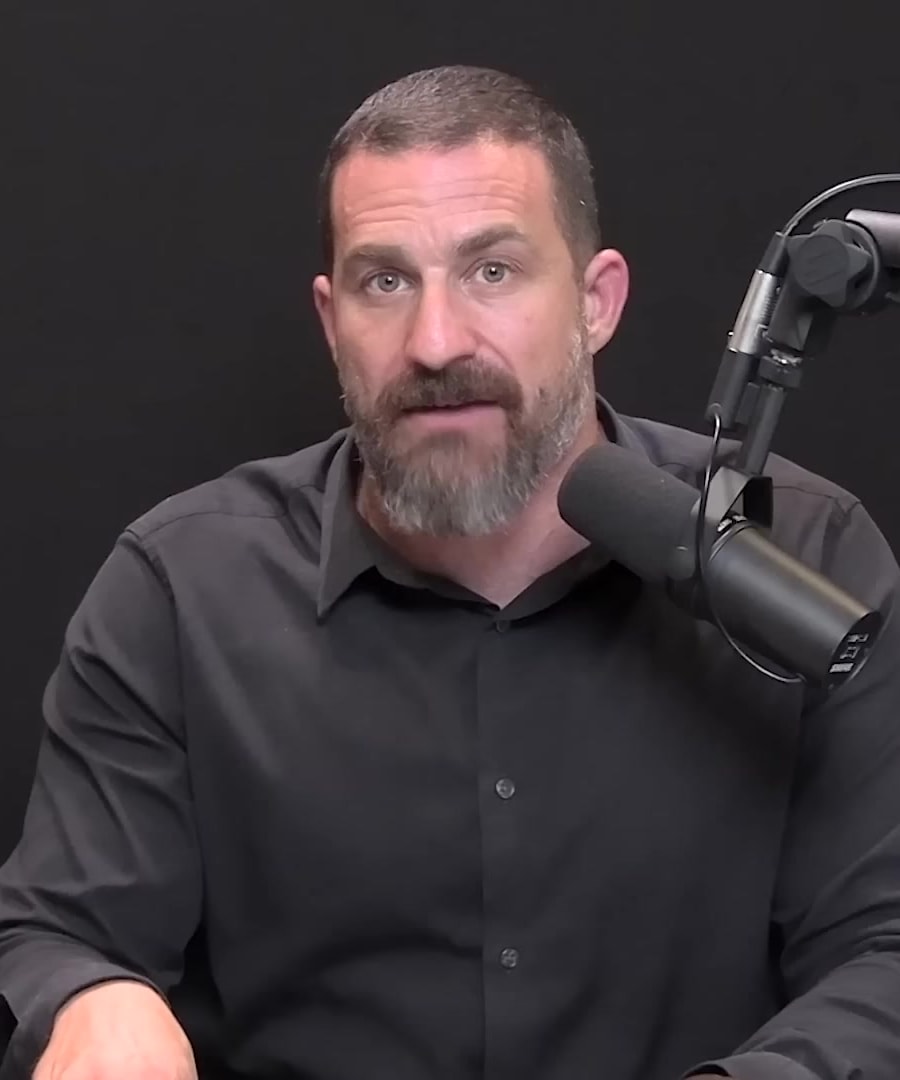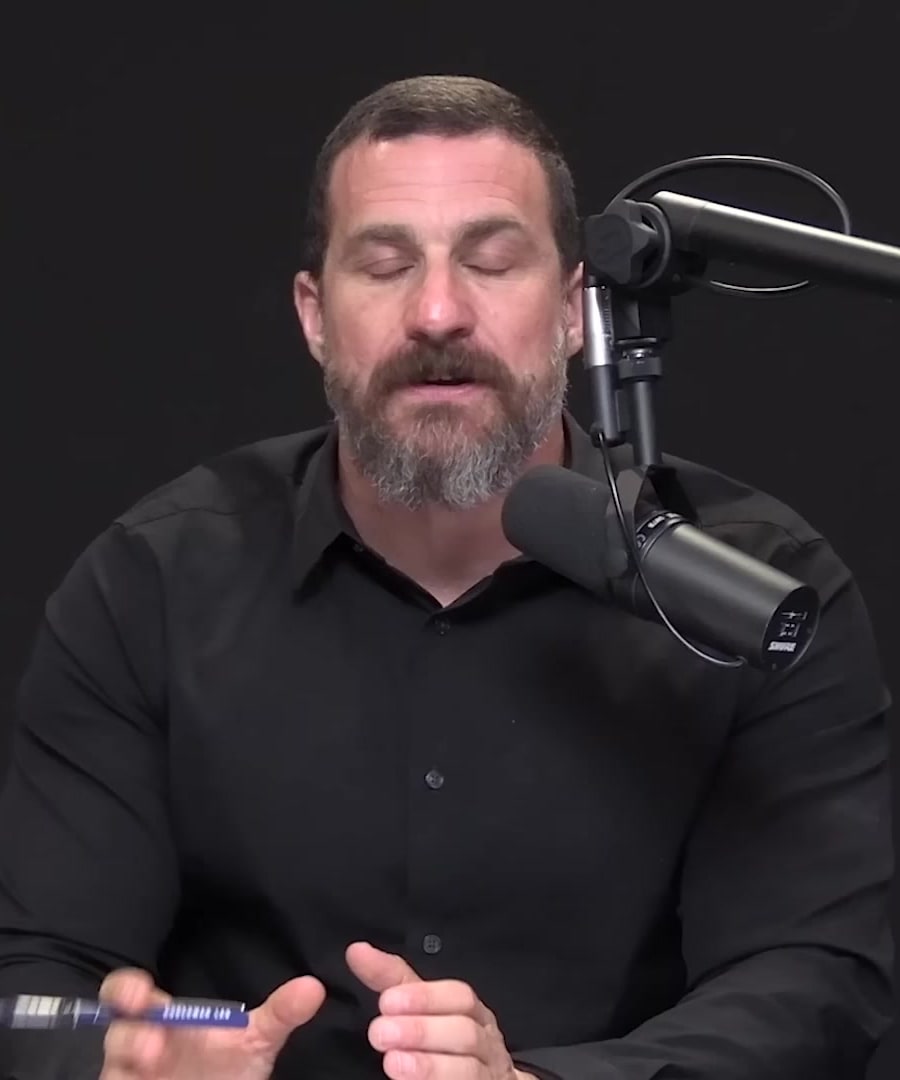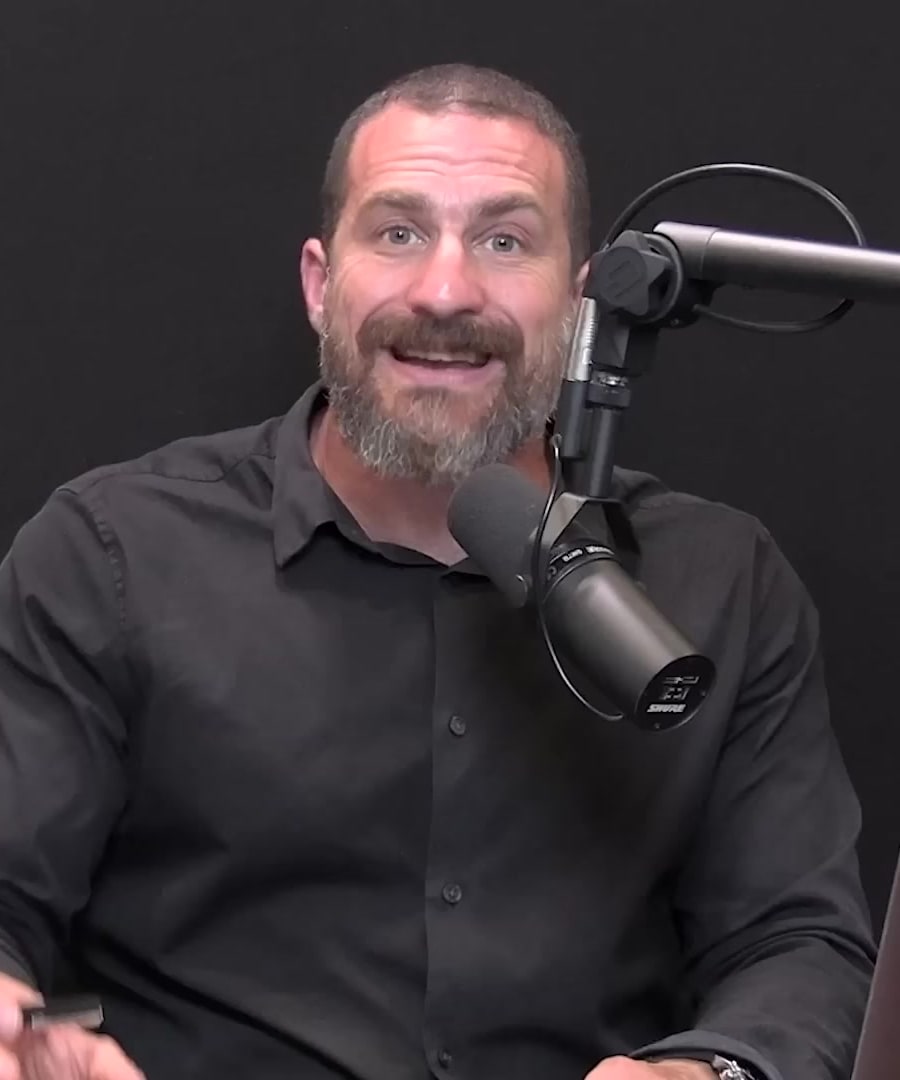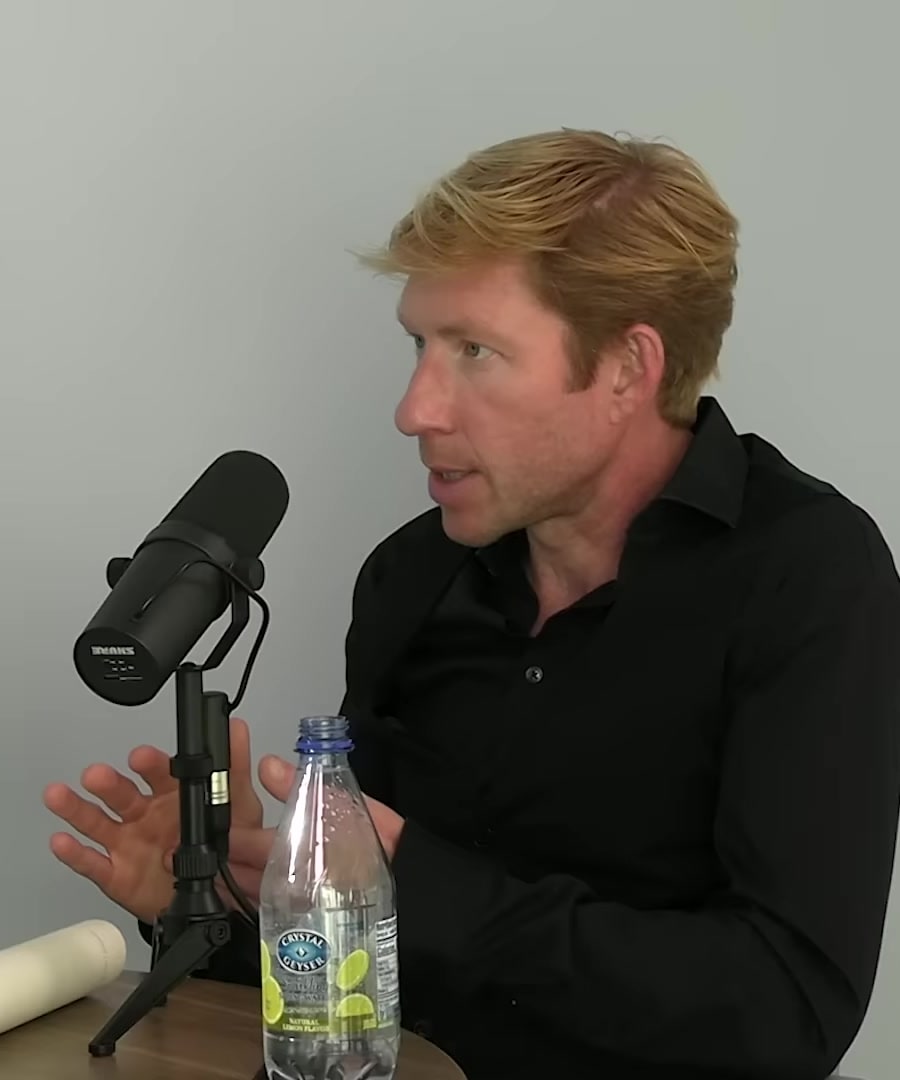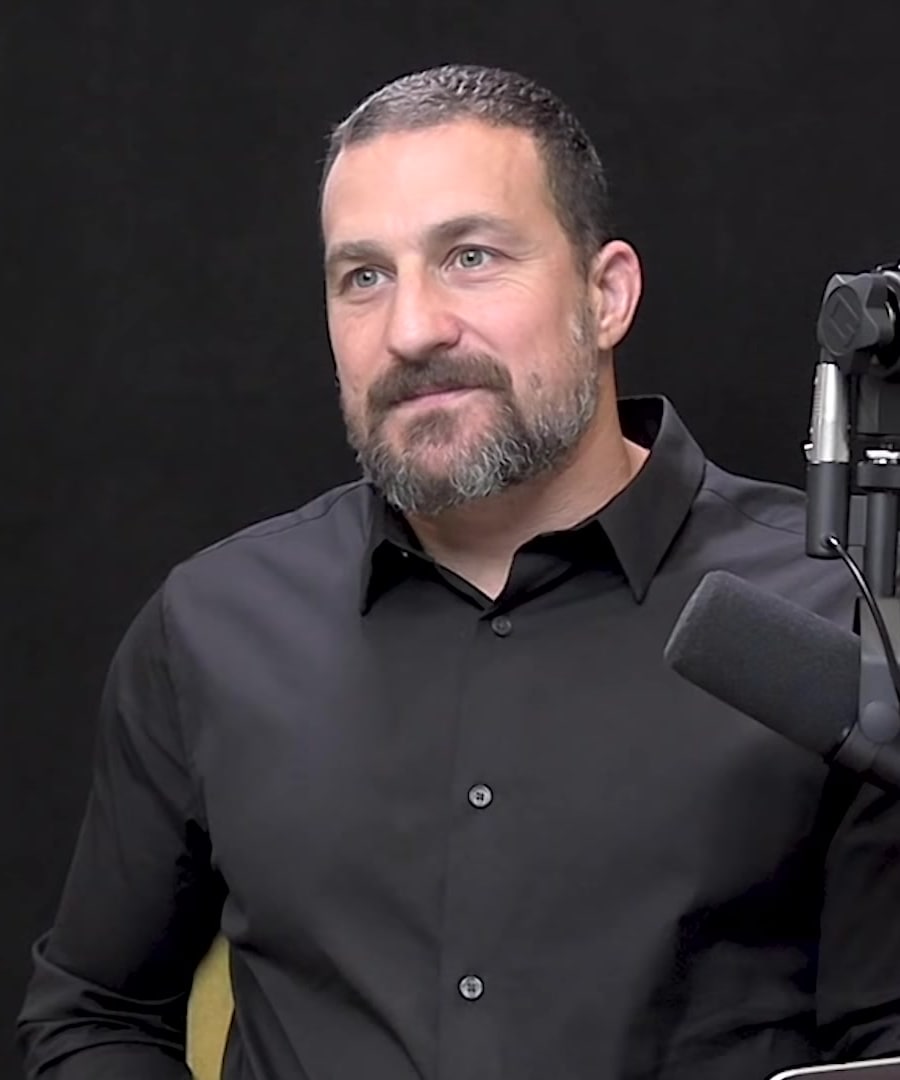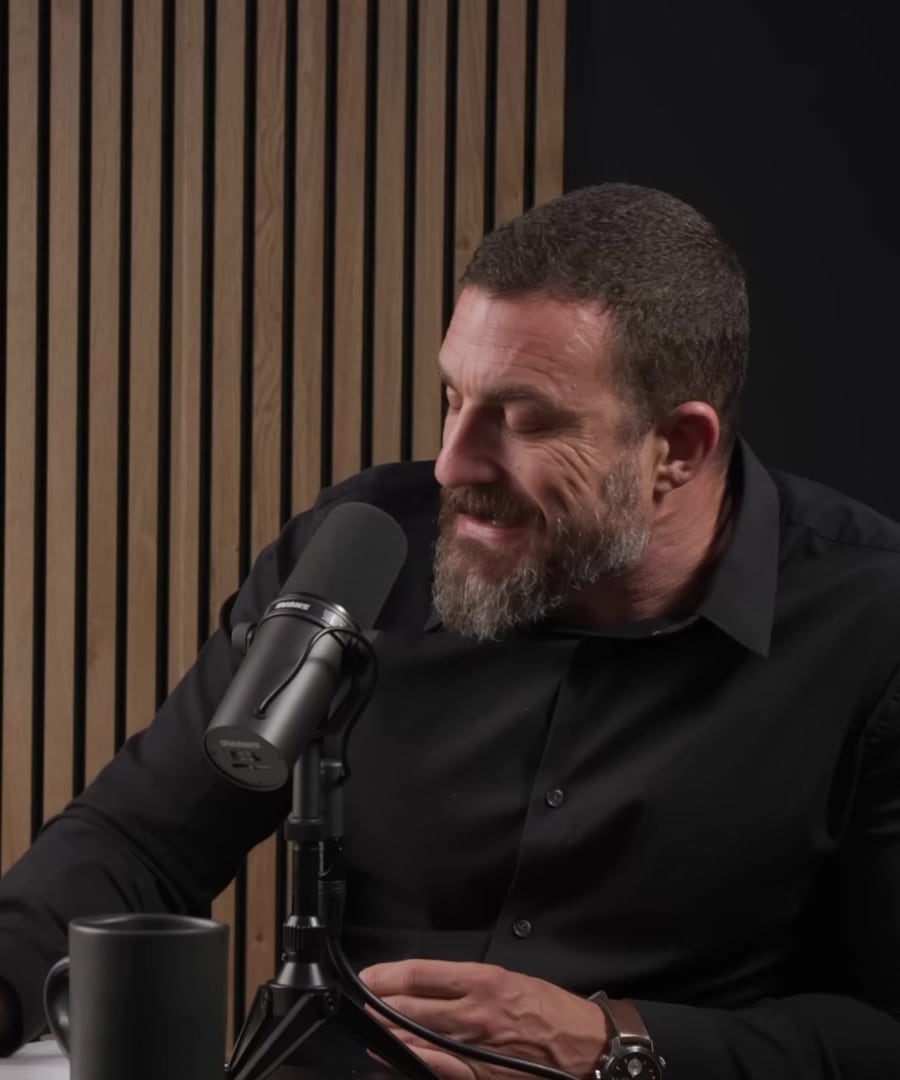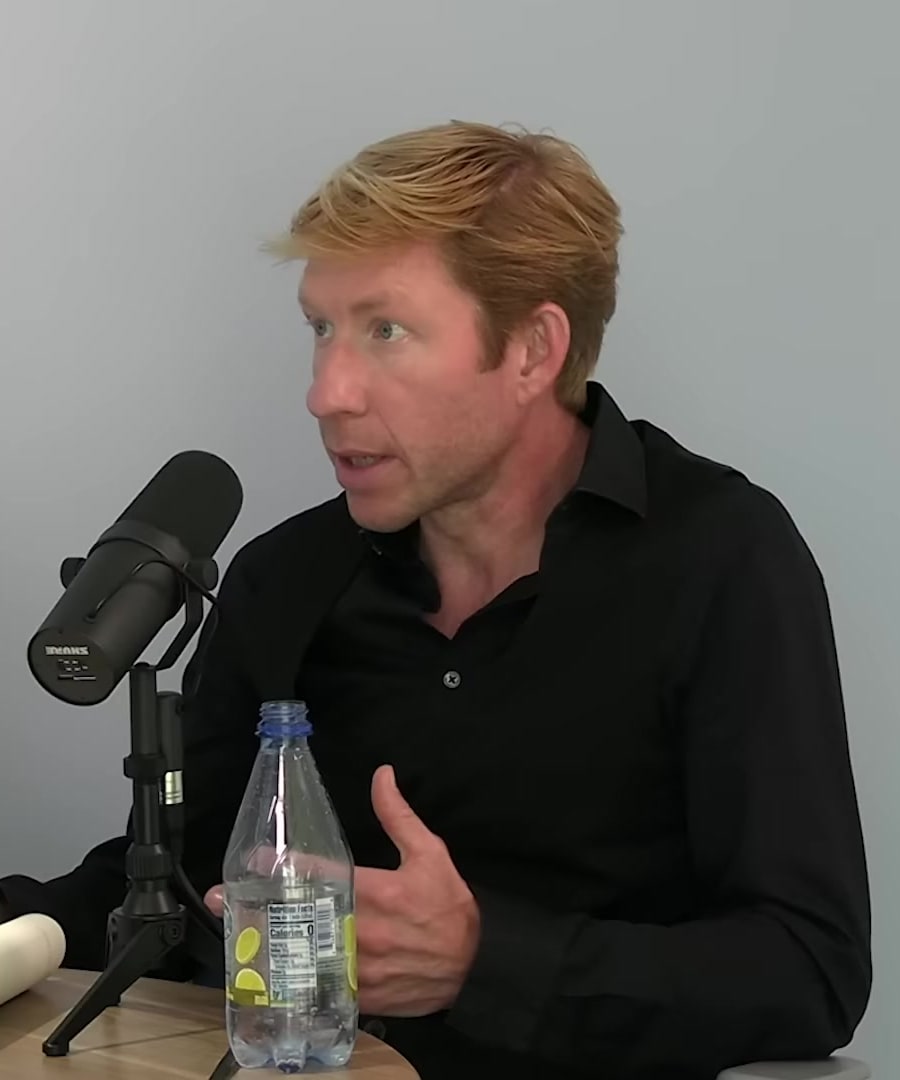Meditation
has discussed the topic of meditation on his . The podcast explores various aspects of neuroscience and its impact on our daily lives, and meditation is among the topics covered. To find specific episodes or clips where Dr. Huberman talks about meditation, I can conduct a more targeted search for you. Would you like me to do that?
RELATED QUESTIONSDescribe different meditation techniques.
Sources:
has discussed various meditation techniques in detail on the . Here's a summary of different meditation methods he has explored:
-
Concentration Practice: Focusing exclusively on one thing, like breath or a candle flame, to the exclusion of all else, including thoughts. This can sharpen focus and bring about subtle and profound internal experiences 1.
-
Mindfulness Meditation: Recognizing what consciousness is like without being distracted by thoughts, noticing the automatic arising of thought, and understanding the nature of thoughts as neutral events 1.
-
Refocus Meditation: A dynamic method where you continually return your focus to a fixed point (like the breath or a third eye location) after your mind wanders. This repeated refocusing is crucial for training your brain's focus and concentration circuits 2 3.
-
Mantra Meditation: Repeating a sound, word, or phrase to create a trance and override conscious thinking. It's a single-pointed focus exercise that helps to avoid self-talk 4.
-
Loving-Kindness (Metta) Meditation: Involving phrases that promote compassionate thoughts towards oneself and others 4.
-
Awareness Meditation: Paying attention to what is going on around you, noticing sounds, sensations, and feelings without judgment or narrative. It's about being present and taking an inventory of the immediate experience 4.
-
Yoga Nidra and NSDR: Non-sleep deep rest (NSDR) or Yoga Nidra practices involve a deep state of relaxation which may replenish neurotransmitters and reduce the total amount of sleep needed. Useful for sleep improvement and reducing the need for sleep 5.
Each type of meditation has particular effects, and provides advice on how to choose the appropriate practice depending on whether you aim to improve focus, manage stress, adjust your mood, or improve sleep 6. He emphasizes that it's important to pick a meditation practice that aligns with your personal goals and what you'll do regularly 6.
For anyone interested in integrating meditation into their routine, these insights can help determine which type may be the most beneficial, depending on individual needs and objectives.
RELATED QUESTIONS-
Sleep
Sources:
has covered the topic of sleep extensively on the , providing valuable information about its impact on health and performance, as well as strategies for improvement. Here's a synthesis of his discussions:
-
Sleep Apnea: Sleep apnea can lead to serious health issues, including cardiovascular events, sexual and cognitive dysfunction, and it can exacerbate the effects of dementia. Treatments include the use of CPAP devices and shifting to nasal breathing during sleep, with some individuals using mouth taping to encourage nasal respiration 1.
-
Sleep and Learning: Taking short rests or a 20-minute nap after intense learning can significantly enhance memory recall and the ability to execute learned motor skills. Sleep deprivation, commonly experienced by students and professionals, is counterproductive to performance optimization 2.
-
Optimal Sleep Strategies: To optimize sleep, limiting caffeine intake, especially after 4 PM, and refraining from intense afternoon or evening exercise can be helpful. Instead, one can benefit from NSDR scripts or yoga nidra for deep relaxation 3.
-
Bad Nights of Sleep: After a poor night's sleep, Matthew Walker and Andrew Huberman suggest avoiding common compensatory behaviors and establishing a wind-down routine instead. Counting sheep, contrary to popular belief, can make it harder to fall asleep 4.
-
Tools for Better Sleep: Huberman outlines a sleep toolkit and emphasizes the importance of quality sleep for focus, motivation, mood, and well-being. He suggests looking up the "Master Your Sleep" and "Perfect Your Sleep" episodes for detailed protocols and mechanisms 5.
-
sleep as a Performance Enhancer: Sleep is considered foundational for mental health, physical health, and all types of performance, with the body undergoing various metabolic processes during sleep. Good sleep quality and duration are the most direct routes to performance enhancement 6.
-
Technology in Sleep: advancements in wearable sleep tracking technology are noted, and clinical-grade sleep studies conducted at one's home are mentioned as means to precisely determine sleep quality 6.
-
Caffeine and Sleep Messaging: Huberman and Walker discuss the nuances of delivering health messages about sleep to the public. They stress the need for a balanced approach that is faithful to science while also being considerate of those who struggle with sleep. The benefit of caffeine, when consumed early in the day, is acknowledged 7.
By exploring these discussions, individuals can gain a broader understanding of sleep's significance and discover practical guidance on improving sleep to foster overall health and performance.
RELATED QUESTIONS-
